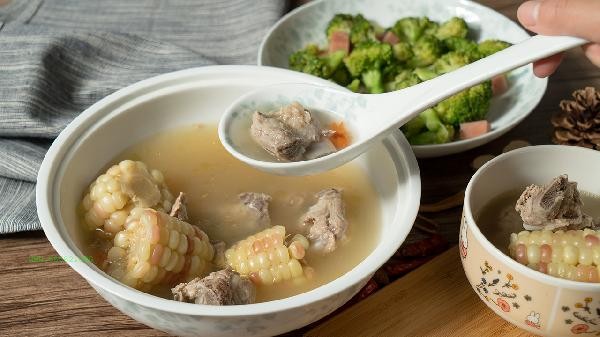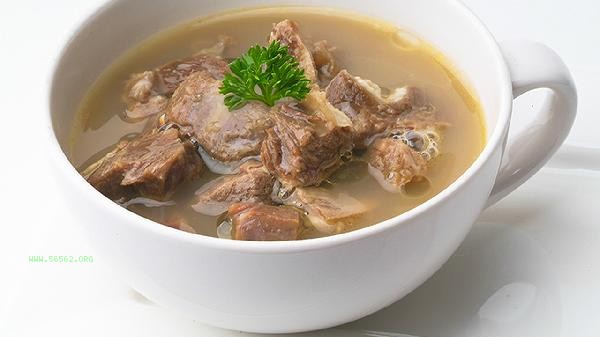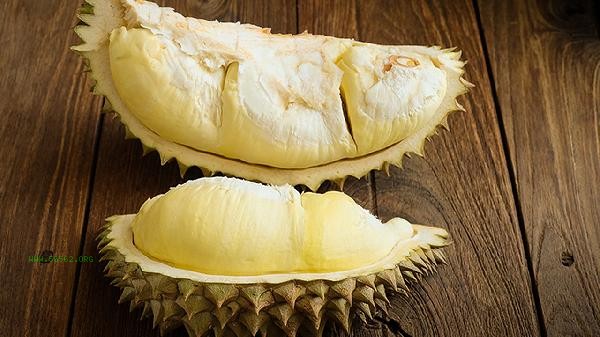Durian soup usually uses fruit pulp, and the shell can also be added to the soup, but special treatment is required. Durian fruit pulp is rich in sugar and minerals, making it suitable for direct stewing; Durian shells need to remove the outer hard spines and take the white part on the inner side, which has a heat clearing effect but a lighter taste. Durian fruit pulp soup can release rich aroma and sweetness, suitable for pairing with ingredients such as chicken and red dates, and can nourish qi and blood. The fruit pulp contains a high amount of potassium, and some nutrients will dissolve in the soup after high-temperature stewing, but the amount should be controlled to avoid excessive sweetness. The white flesh layer inside the durian shell contains a small amount of flavonoids, which need to be stewed for a long time to extract effective ingredients. It is often paired with lean meat or Job's tears and is suitable for removing dampness in summer. The fibers in the shell and flesh are relatively coarse. It is recommended to filter the residue after stewing. Untreated durian shells have sharp spines and woody structures, which may release trace amounts of alkaloids when directly cooked in soup, leading to a bitter taste. If using the shell, it needs to be thoroughly brushed and blanched, leaving only 1 centimeter thick white soft tissue on the inside. Pregnant women or those with weak gastrointestinal function should avoid using shell soup, as it may cause digestive discomfort.

When making durian soup, it is recommended to prioritize mature fruit pulp and pair it with poultry or mushrooms to balance nutrition. When using shells, it is necessary to ensure thorough cleaning and control the stewing time to avoid cloudy or astringent soup. People with damp heat constitution can add a small amount of shell and flesh, but should not consume it more than twice a week. If there is discomfort or diarrhea in the throat after drinking, stop immediately and consult a traditional Chinese medicine practitioner.











Comments (0)
Leave a Comment
No comments yet
Be the first to share your thoughts!